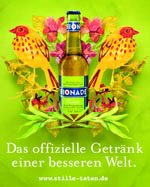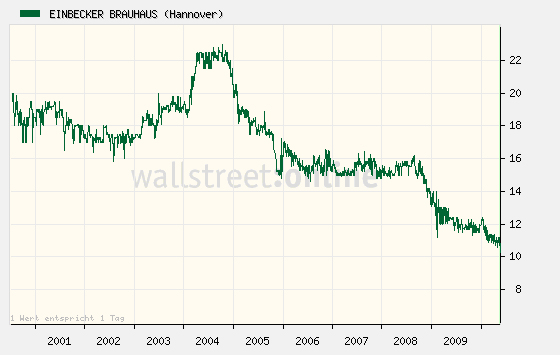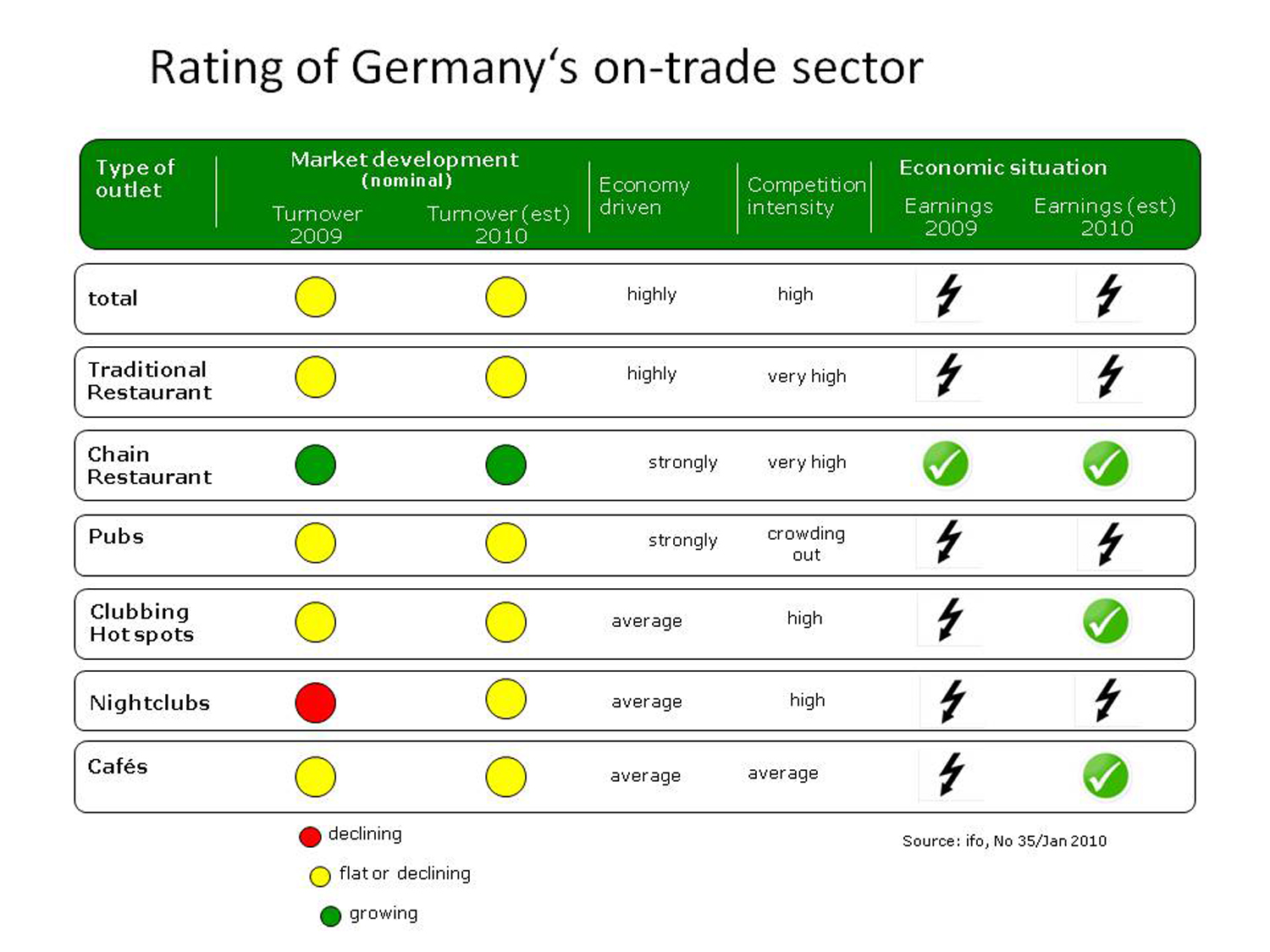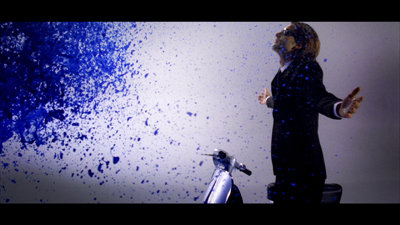Market observers say that Radeberger, a unit of Germany’s privately-owned Oetker Group, paid EUR 50 million for its 70 percent stake. Before its sales dipped, Bionade sold 200 million bottles (660,000 hl) in 2007. Radeberger admitted that the sales decline continued in 2009, but said that it hopes to increase volumes this year in the high single-digits.
The one million dollar question is: will Germany’s Turks rank patriotic concerns over image? In other words, will they go for an Efes because it’s a Turkish beer brand or would they rather drink Beck’s Green Lemon because it’s fashionable?
What is more, pubs also face aggressive competition from supermarkets which are feeding into a drinking-at-home culture and offering prices below that of pubs.
Isn’t it a lovely German euphemism: “gesundschrumpfen“. It translates as “shrinking yourself healthy.” Struggling companies employ it when they have to admit defeat and see no other way out than to downsize their operations in a major way. Carlsberg Germany is a case in point. Last year it sold its so-called Fighter Brand Unit including its Feldschlößchen Brewery in Braunschweig, announced that it was looking for a partner to help run its Feldschlößchen Brewery in Dresden more efficiently and began trimming down its brand portfolio to five brands only. Last but not least, it decided to limit its business to the northern part of Germany, to which end it formed a distribution joint venture – Nordic – with distributor Nordmann.
Hadn’t it been for Brazil, AB-InBev’s volume output would have dipped significantly in the first quarter especially since it looks like AB-InBev continues to underperform the market in the United States.
SABMiller’s beer volumes have been hit by the global downturn while its move to raise prices to cover commodity cost hikes further dampened growth, but falling barley costs and a slow recovery should help the group recover in the second half of 2010.
In parts of Great Britain, in Slovakia, in France and in Austria the sowing of spring barley is most advanced by the end of March of 2010. Because of the long winter and the continuing bad weather afterwards, the work had to start some days later in some regions. Nevertheless the sowing was almost everywhere on time. Like every year at that time, the sowing hasn´t started yet in the north of Europe.
The Dutch company, whose major brands are Heineken and Amstel, sold 8.0 percent less beer in the first three months of the year, or 5.3 percent on a like-for-like basis. Revenue fell by 3.5 percent to EUR 2.94 billion.
Giving an outline of his strategy for StarBev, Mr Beyens said that he was not to continue with AB-InBev’s but that he would pursue his own with a local team. StarBev’s headquarters will remain in Prague.
Peroni Nastro Azzurro will be imported from Italy and will be distributed selectively in the Netherlands. The beer will be exclusively available in 330ml bottles from Italian restaurants, upmarket bars and clubs, and leading domestic caterers and delicatessens. The marketing, sales and distribution of the brand will be managed by SABMiller’s Dutch operation, Royal Grolsch NV.





